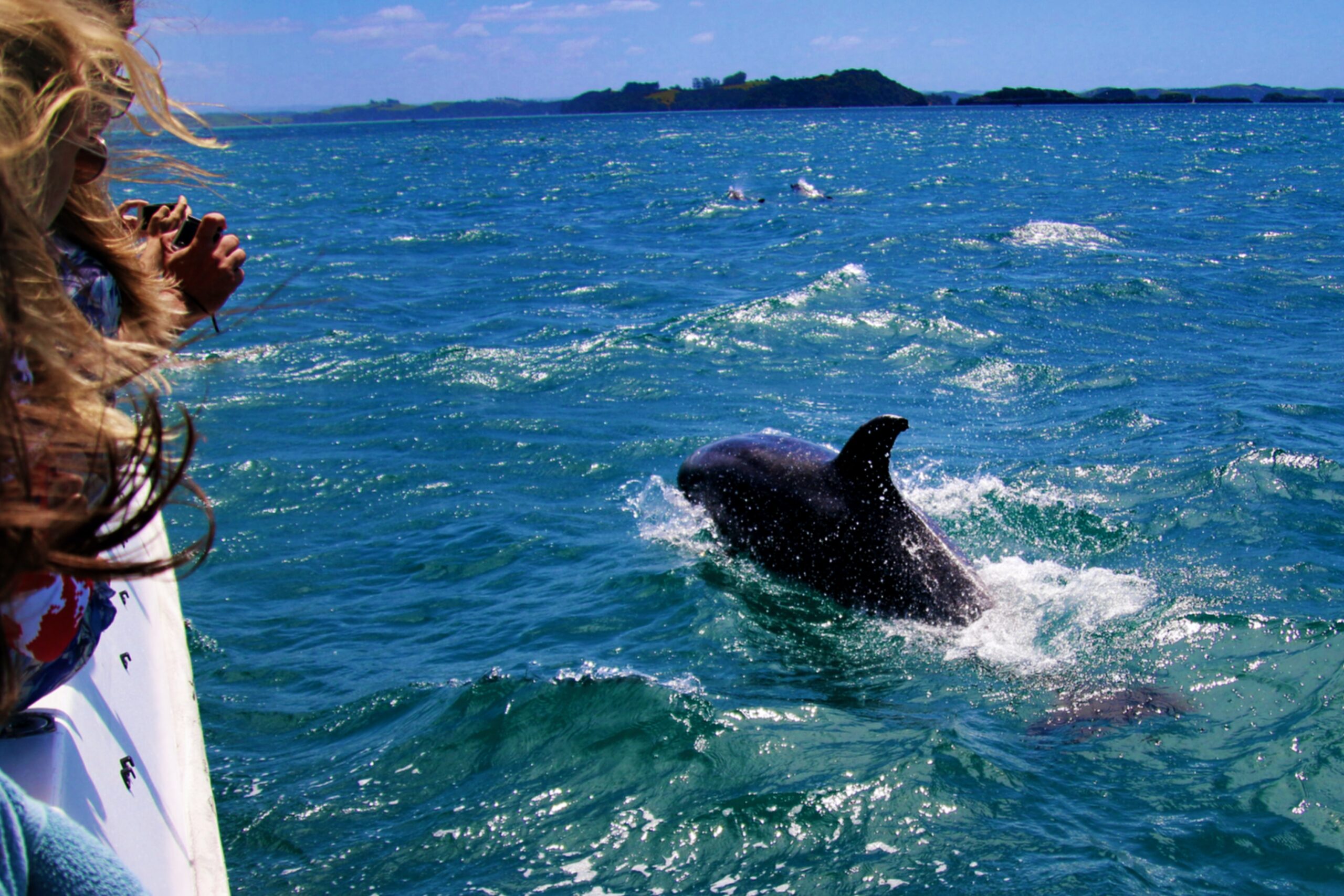What are the most pressing issues in our oceans, seas, coastlines, and estuaries?
Our Marine Environment 2022, produced by The Ministry for the Environment and Stats NZ, examines these issues. The report also draws on data from four environmental indicators updated since the previous report in 2019, including ocean acidification, coastal sea-level rise, coastal and estuarine water quality, and extinction threat to indigenous marine species.
The SMC asked experts to comment on the report.
Dr Alison Collins, Departmental Chief Science Advisor | Kaitohutohu Mātanga Pūtaiao Matua, Ministry for the Environment, comments:
“I’ve been with the environmental reporting programme for more than five years now and if there is one word we always use to describe our marine reports it is ‘complex.’ Our seas are the meeting place of land, freshwater, and skies and thus the ultimate receiving environment, vulnerable to the cumulative pressures that result from our daily activities. Aotearoa’s marine landscapes and habitats are also highly diverse, supporting many unique and valued species and ecosystems. The acknowledgement of the intimate and inevitable connection between our changing climate and our marine ecosystems, from the coastal squeeze of habitats, acidification, warming sea temperatures, through to erosion and sedimentation effects, is another illustration of this tangled picture of change.
“The report, drawing on existing data and the wider science literature, succinctly articulates these pressures, some of the effects on marine health, as well as impacts on our own wellbeing. It is both insightful and sobering. Moving forward, we must respond to the challenge this complexity presents to monitoring and reporting by enhancing our understanding of cumulative pressures, ecosystem health, and broader ecological and societal impacts, including at the local scale. More research, investment in emergent technologies, and improved access to rohe and place-based knowledge, is certainly needed to inform continued policy development and community-led initiatives.”
Conflict of interest statement: “I am employed by the Ministry for the Environment, and routinely provide advice to the environmental reporting programme. I am also co-chair of the Ministry’s Science Advisory Panel.”
Professor Craig Stevens, NIWA and University of Auckland, comments:
“Unless you live right by the coast it can be easy to forget that Aotearoa straddles the boundary between the planet’s largest ocean (Pacific) and the most energetic ocean (Southern). Furthermore, given that the oceans are storing over 90% of the trapped heat associated with our changing climate system, the evolving marine environment locally and globally is a critical contributor to well-being and livelihoods in New Zealand for future generations.
“This new report is the third of a sequence of marine updates that provide information on pressures, state of the system and impacts on people and communities. It highlights some of the challenges coming from changing climate – things like marine heatwaves, acidifying oceans, sea level rise and damaging storms. These compound with more direct human impacts that come from plastics, fishing, and from our rivers. All of this affects the resilience of our biodiverse marine systems. Traditional knowledge practices, tikanga and kaimoana are central themes in the report, and they are being directly affected by these same pressures.
“There are a number of positives in the report. The research studies that are synthesised come from a small but active research community. Furthermore, a number of the indicators that are available are stable or improving. This is intrinsically positive but also points to the value of actually having data and having researchers who can make something from the numbers.
“One of the aspects that the report repeatedly emphasises though is the severe lack of marine data for the seas around New Zealand. The unknowns are large, especially around conditions and change beneath the ocean surface away from satellite measurement techniques.
“The central role of climate in this report, in conjunction with the very long response times of the marine environment, means that the faster we reduce our emissions, the better the ultimate outcomes.”
Conflict of interest statement: “I am a member of the MfE CE’s Science Advisory Panel but this reflects my views.”
Carolyn Lundquist, Principal Scientist, Marine Ecology, NIWA, and Associate Professor, School of Environment, The University of Auckland, comments:
“The three-yearly update on the state of the marine environment highlights that most of the negative trends in Aotearoa’s oceans continue as previously reported. The report shows the connections between our oceans and people, culture and wellbeing, and that these negative trends in ocean health affect not just our native biodiversity, but also our economy, coastal infrastructure and the connections we have with the ocean through recreational use, gathering kaimoana and other tikanga practices.
“There are key issues for which we must identify solutions or adaptation strategies. Climate change continues to affect our oceans, through heat wave events, ocean acidification, sea level rise and other ongoing impacts – these effects signify the value of Aotearoa’s commitments to reducing greenhouse gas emissions.
“Land-based sources of pollutants such as sediments and nutrients continue to be a challenge for coastal and estuarine environments, showcasing the importance of managing sediments and nutrients in our rivers and streams, before they are transported into our oceans.
“For fishing, strategies such as spatial management could reduce seafloor impacts while retaining areas of high fishing value. However, climate change and pandemic disruptions emphasise the dependence of our marine industries on global markets and the need to understand the resilience of fisheries and aquaculture to future climate conditions.
“Finally, the report highlights the implications of sea level rise and coastal erosion for our coastal communities, infrastructure, wāhi tapu and other sites of significance. New adaptation strategies including nature-based solutions are needed to address coastal vulnerability and change.”
Conflict of interest statement: “I was engaged as an expert reviewer of the Our Marine Environment report.”
